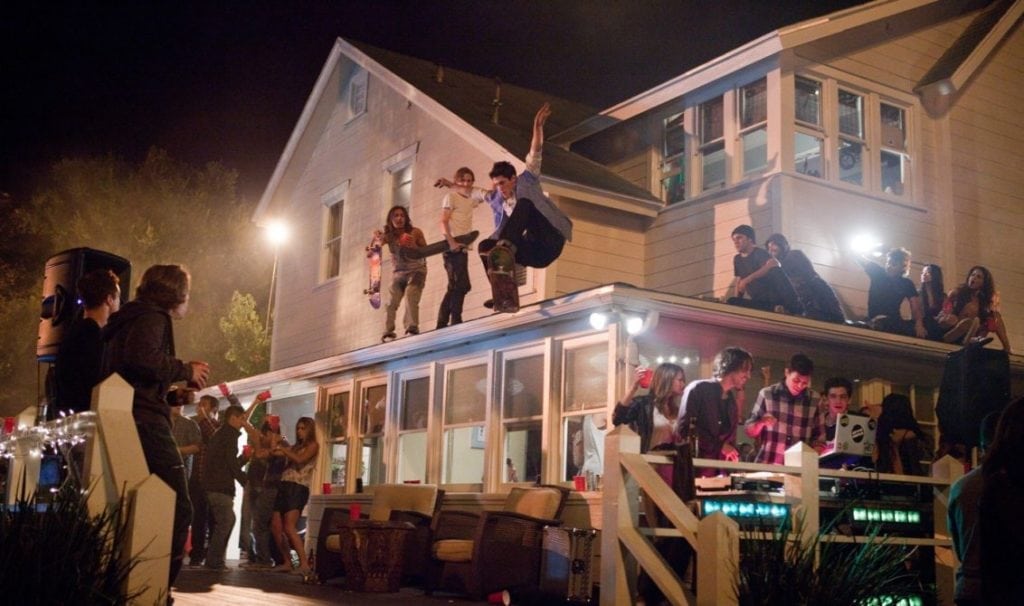Airbnb is tightening its rules on short-term holiday rentals over the New Year’s Eve period in Chicago and other U.S. cities. The platform is taking additional measures to prevent unauthorized parties by implementing new technology designed to identify and restrict high-risk bookings.
This effort builds on the anti-party policies that Airbnb introduced last year, which reportedly stopped tens of thousands of would-be renters nationwide, including several hundred in Chicago, from securing properties for large gatherings. The company’s approach relies on machine learning to evaluate the nature of bookings, considering factors such as trip length, type of listing, and the distance between a guest’s home and the rental property.
Under these stricter rules, individuals booking entire homes may be required to secure longer stays and formally agree not to host parties. Those who appear to present a higher risk may be blocked from finalizing a reservation or guided toward alternative accommodations.
The broader push aligns with various local regulations that target disruptive events in short-term rentals. In Chicago, for instance, there are laws prohibiting one-night stays and imposing penalties of up to $10,000 on property owners who violate party-related restrictions. Many of these policies were implemented following incidents of violence at large gatherings.
Airbnb’s actions are intended to preserve neighborhood integrity and protect both communities and property owners. Although rare, legitimate renters who find themselves mistakenly flagged can contact the company’s customer service to resolve the issue. Ultimately, the company’s stance is that New Year’s Eve celebrations should occur in spaces that guests directly control—such as their own homes—rather than in short-term rentals.


